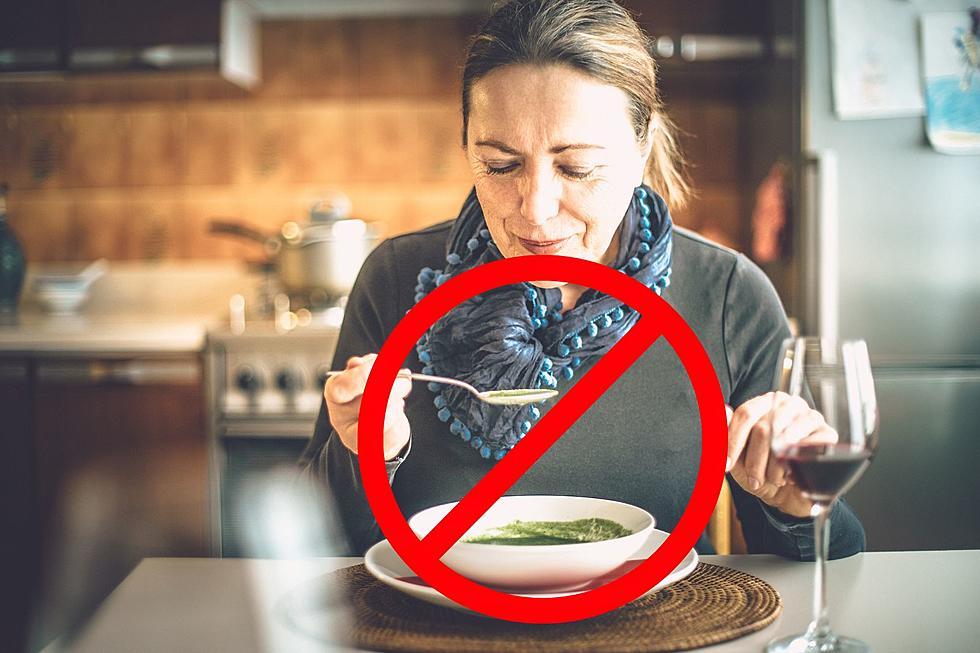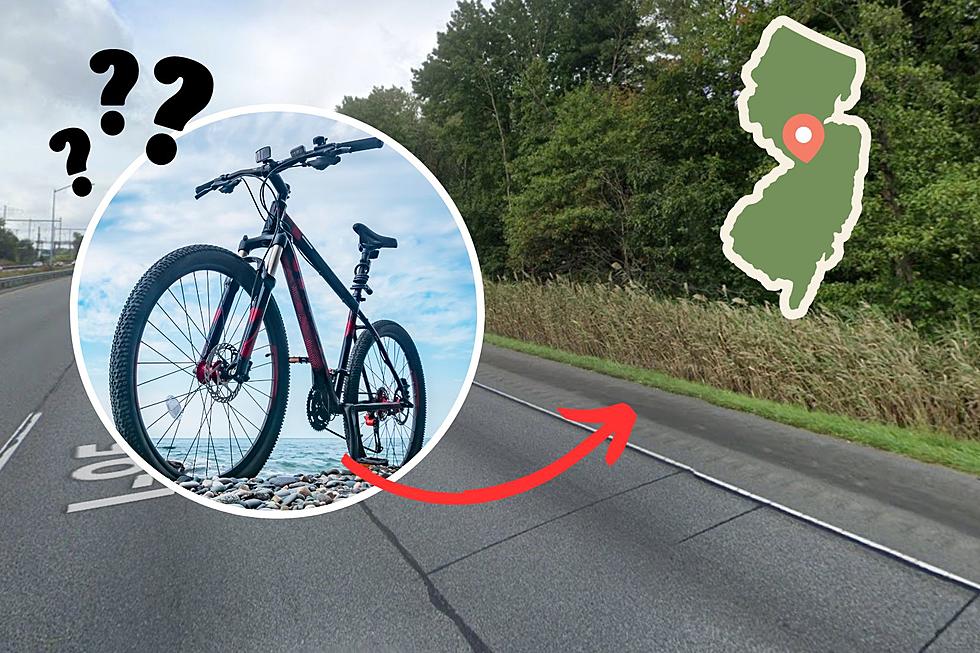
Why Can’t You Pump Your Own Gas in NJ?
Today is one of those days that I am grateful that I live in New Jersey. The temperature is hovering around 10 degrees and the wind chill makes it feel below freezing...and I don't have to get out of my car to pump my own gas.
I love the fact that it is illegal to pump your own gas in New Jersey, but why is this a law? Here are a few interesting facts about this law, according to MentalFloss.com:
- New Jersey is the only state where you can't pump your own gas. Up until 2016, you couldn't pump your own gas in Oregon either. Now, there are still parts of that state where you can't pump your gas, but it is not a statewide ban.
- The actual law that makes it illegal to pump your own gas in NJ is called the Retail Gasoline Dispensing Safety Act and Regulations and it became law in 1949. The act says "Because of the fire hazards directly associated with dispensing fuel, it is in the public interest that gasoline station operators have the control needed over that activity to ensure compliance with appropriate safety procedures, including turning off vehicle engines and refraining from smoking while fuel is dispensed."
- Although the act claims that safety is the primary reason for it's existence, many people believe that money was the actual reason. In the 1940's, a gas station owner decided to charge people less if they pumped their own gas. The owner's competitors were worried that this practice would take away business, so they pushed lawmakers to pass a law to make "self service" illegal. Ironically, gas prices in New Jersey are usually less expensive than the prices in neighboring states. That's a "win-win" for those of us in the Garden State.
More From 94.5 PST









